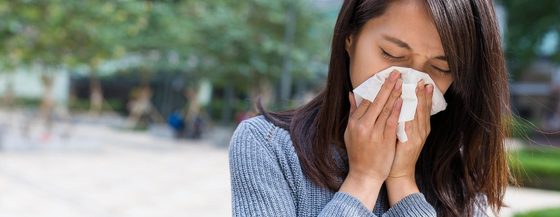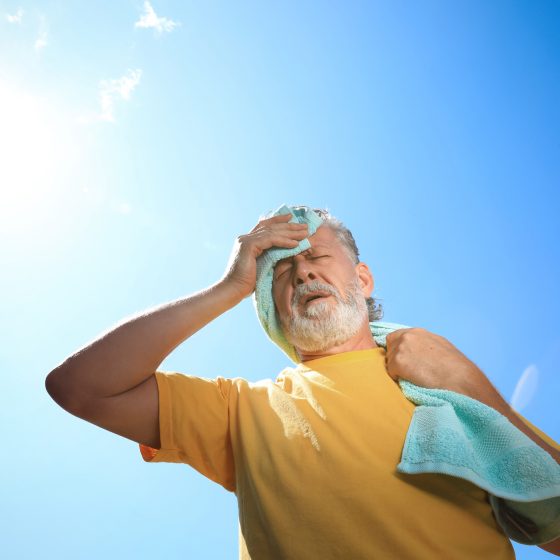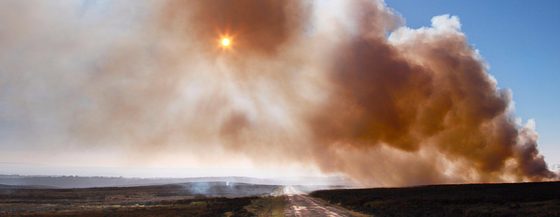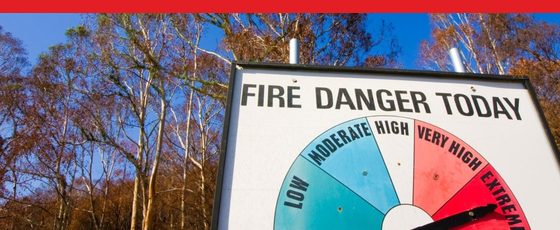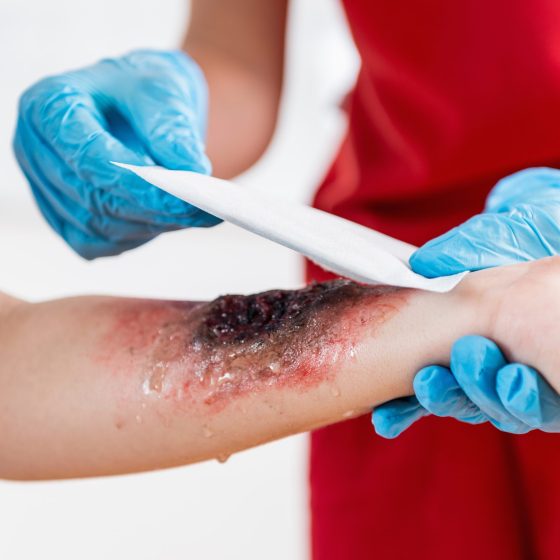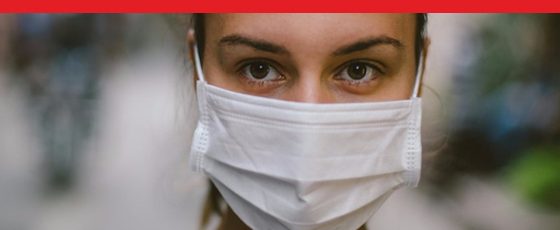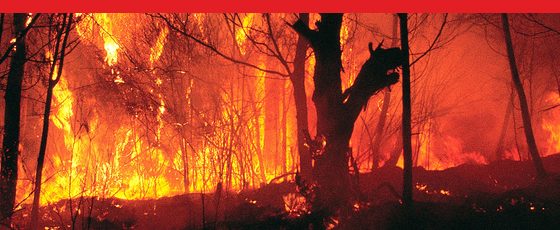5 ways to protect your health from the effects of climate change
According to the World Health Organisation, climate change is the single biggest health threat that humans are facing. Even if you don’t feel directly impacted by the effects of climate change, your health may still be indirectly at risk in several ways. Here’s what you need to know about the impact of climate change on your health and what you can do to protect yourself. What is climate change? Climate change refers to long-term shifts in temperatures and weather patterns caused by increases in the amount of greenhouse gases in the atmosphere. While climate change can occur naturally, much of the

